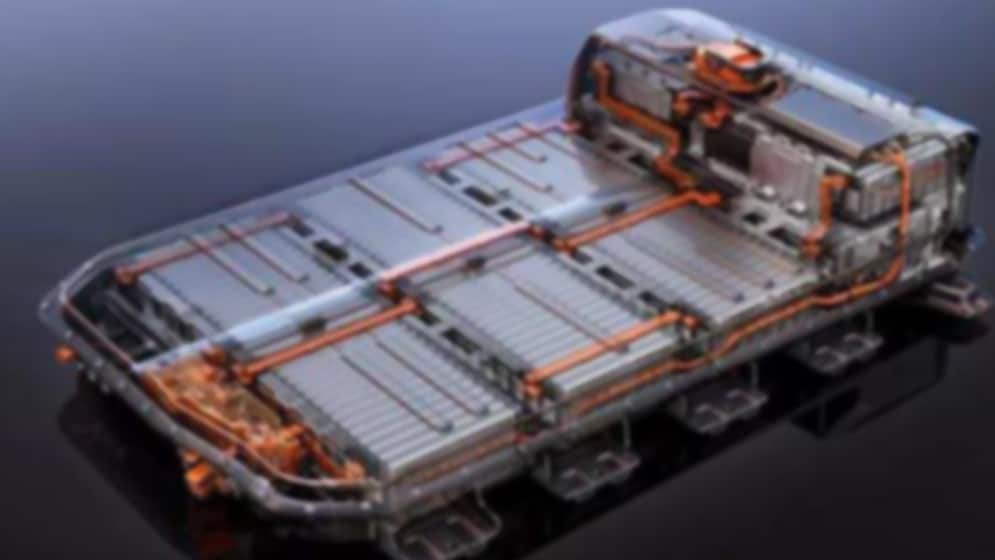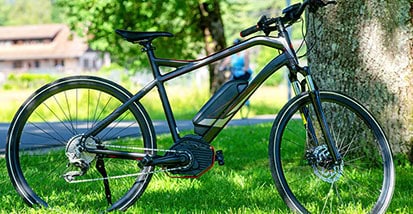- Curved Lithium Polymer battery
- Fast Charge Polymer Battery
- Flexible Polymer Lithium Battery
- Ultra-thin Polymer Battery
/ Blog / Battery Knowledge /
lithium ion rechargeable batteries
06 Jan, 2022
By hoppt

Hybrid battery cost, replacement, and life span
Hybrid cars, electric cars, and plug-in hybrids can use lithium-ion batteries. These rechargeable batteries are more expensive than regular lead-acid or nickel-cadmium (NiCd) batteries used in regular cars. Still, their higher Efficiency of about 80% to 90%, longer life span, and rapid recharge time make them a natural choice for vehicles that need to be driven in short trips around town. The typical lithium-ion battery used in hybrids is about twice as expensive compared to the equivalent capacity lead acid or NiCd battery pack.
Hybrid battery cost - A battery pack of 100kWh for a plug-in hybrid typically costs $15,000 to $25,000. A pure electric car like the Nissan Leaf can use up to 24 kWh of lithium-ion batteries that cost about $2,400 per kWh.
Replacement - Lithium-ion batteries in hybrids last 8 to 10 years, longer than NiCd batteries but shorter than the expected service life of lead-acid batteries.
Life span - The older generation nickel-metal hydride (NiMH) battery packs in some hybrids typically last about eight years. Lead-acid car batteries made for regular cars can last up to 3 to 5 years under normal driving conditions. Lithium-ion batteries can last 8 to 10 years under normal driving conditions.
How long do lithium-ion rechargeable batteries last?
The older generation nickel-metal hydride (NiMH) battery packs used in some hybrids typically last about eight years. Lead-acid car batteries made for regular cars can last up to 3 to 5 years under normal driving conditions. Lithium-ion batteries can last 8 to 10 years under normal driving conditions.
Can a dead lithium-ion battery be recharged?
A lithium-ion battery that has been discharged can be recharged. However, if the cells in a lithium-ion battery have dried out due to lack of use or overcharging, they cannot be regenerated back.
Battery Connector Types: Introduction and Types
Many types of battery connectors exist. This part will discuss the common types of connectors that fall into the category "battery connector."
Types of battery connectors
1. Faston Connector
Faston is a registered trademark of 3M Company. Faston means spring-loaded metal fastener, invented by Aurelia Townes in 1946. The standard specification for the faston connectors is called JSTD 004, which specifies the dimensions and performance requirements of the connectors.
2. Butt Connector
Butt connectors are often used in automotive applications. The connector is very similar to the Robotics / Plumbing Butt Connections, which also uses a crimping mechanism.
3.Banana Connector
Banana connectors can be found on small consumers electronic such as portable radios and tape recorders. They were invented by DIN Company, a German company known for creating connectors used in various electronic devices. History
18650 Button Top: Difference, Comparison, and Power
Difference - The difference between the 18650 button top and flat top batteries is the metal button on the positive end of the battery. This enables it to be more easily pushed by devices with reduced physical space, such as small flashlights.
Comparison - Button-top batteries are usually 4mm taller than flat-top batteries, but they can still fit in all of the same spaces.
Power - Button top batteries are one amp higher in capacity than 18650 flat top batteries due to their thicker design.
Conclusion
Battery connectors serve to make and break the electrical connection with a battery. Lithium-ion batteries' different types of connectors serve two basic purposes: They must make good electrical contact with the battery terminals to ensure that optimum current flows from the battery to the load (i.e., an electric device). They must provide good mechanical support to hold the battery in place and withstand any mechanical loads, vibration, and shocks.



